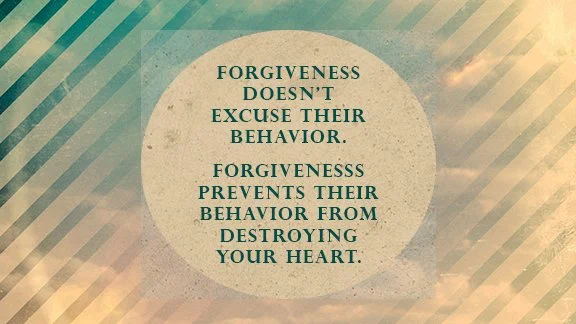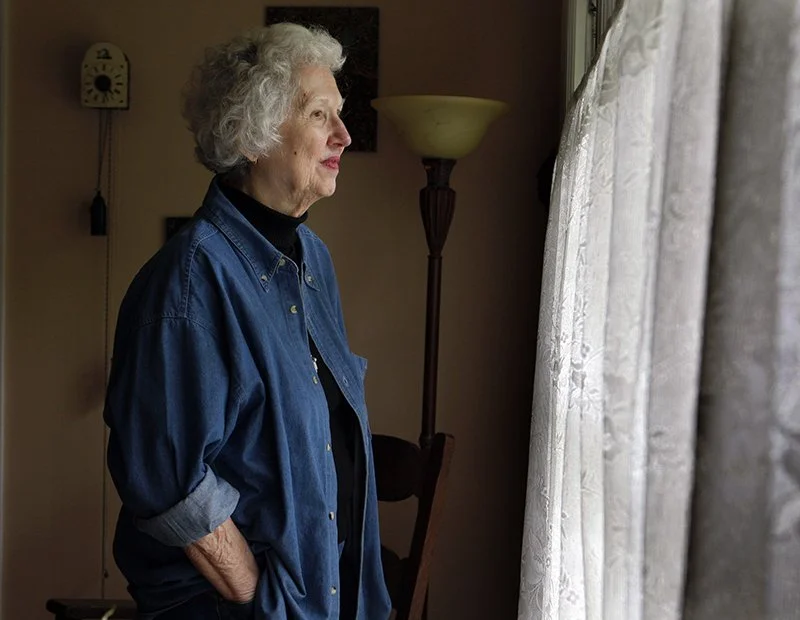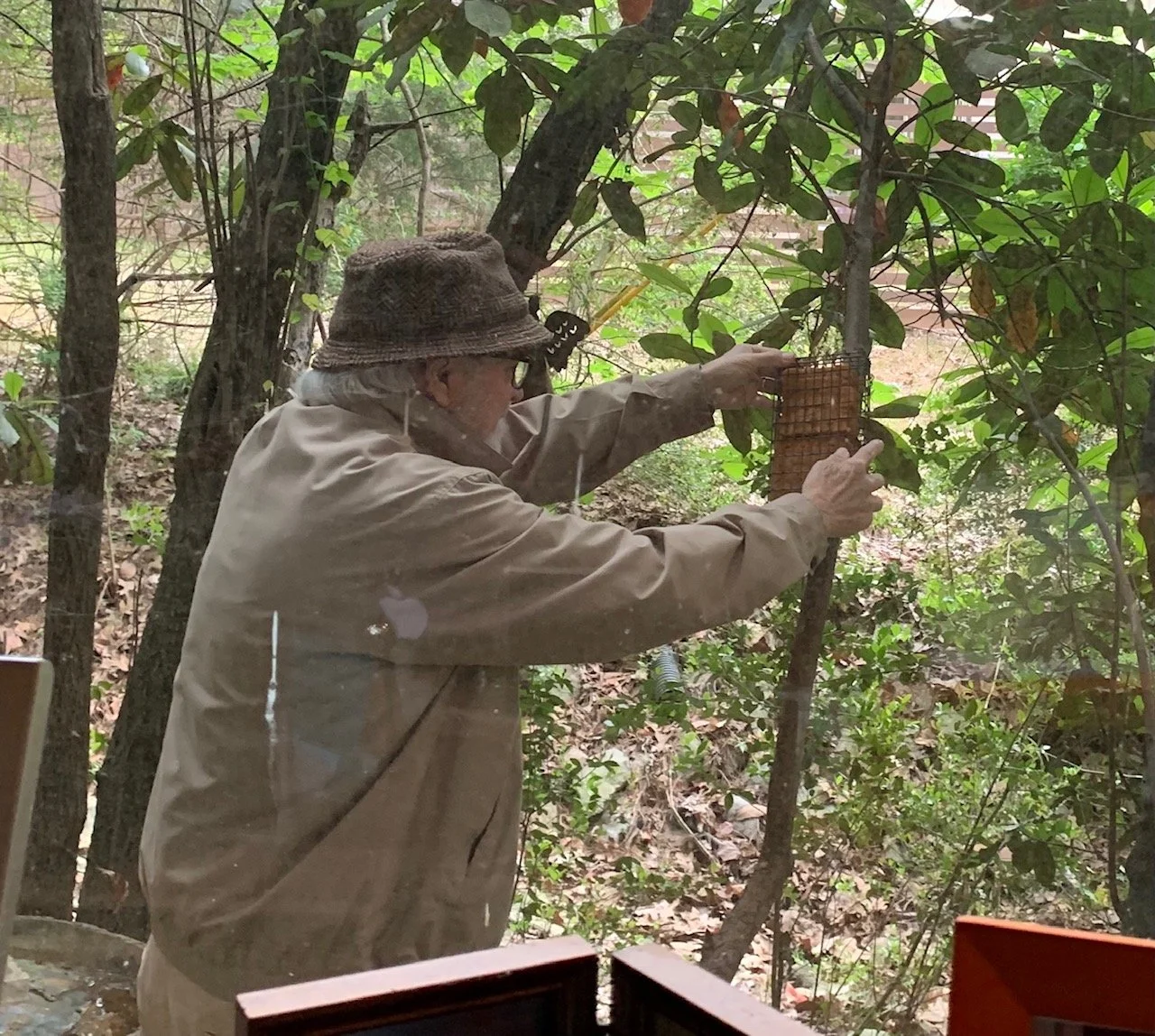Kidd: Forgiveness
“People, in general, would rather die than forgive. It’s that hard.”— Sue Monk Kidd in The Secret Life of Bees.
If someone has harmed us, we think about them all the time and what we would like to do to them: expose them. They live rent-free in our heads and, in essence, become our higher power, our God.
We do not want this person to be our God, our higher power. That brings us back to start the work of forgiveness. Yes, for me, it is backbreaking work. Forgiveness is not forgetting.
There are things we should never forget: the Holocaust, the Armenian genocide, slavery, abuse, 9/ 11, Hurricanes Camille, Frederic, Ivan, Katrina, this war in Ukraine, and now more than we can name.
Walter Brueggemann1 writes about forgiveness, especially from what we learn in the Old Testament. He notes that forgiveness is impossible in a system of deeds-consequence when deeds have an unbreakable, tight, predictable connection to consequences with no way out. This is the law, and if you break it, this is what will happen to you. Amen. This is the basis of much religious preaching of “hell, fire, and damnation,” trying to frighten people into a moral life.
Brueggemann believes forgiveness is only possible when we realize the astonishing readiness of God continually to reach beyond deeds and consequences to offer us unlimited restoration and extravagant forgiveness.
There is nothing, nothing that we can do for which God does not forgive us, and God calls us to do the same.
When we start to lead a life of pardoning and newness, we begin to see the world not through our grievances, but through gratitude.
It is a new life, a different life. We saw it in Nelson Mandela, who forgives his guards for his 27 years of imprisonment as he walks out of prison.
He tells others who harbor resentments and grievances, “If I do not forgive them, I am still in prison.”
Buddhists call it the Great Compassion.
1Walter Brueggemann, “The Impossible Possibility of Forgiveness,” Journal of Preachers, Pentecost 2015, pp. 8-17.





